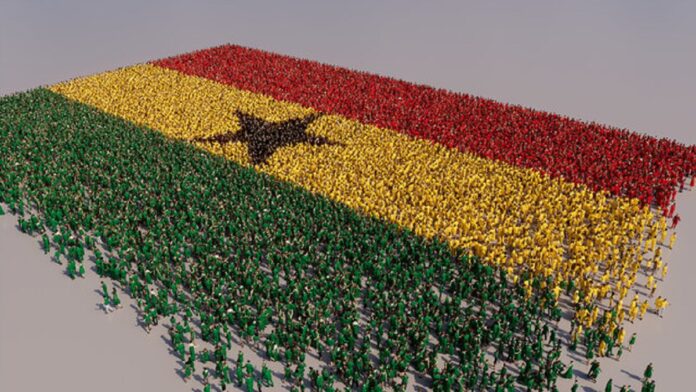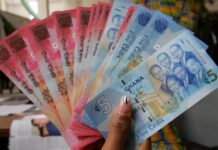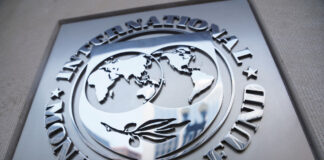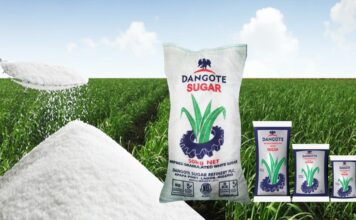Politics
Top Stories
Business & Finance
NDIC Increases Maximum Deposit Insurance Coverage for Failed Banks
NDIC Increases Maximum Deposit Insurance Coverage for Failed Banks
The Nigeria Deposit Insurance Corporation (NDIC), has reviewed upward the maximum deposit insurance coverage for depositors...
UBA’s Leo Celebrates 6 Years of Impact, With New Offerings
United Bank for Africa (UBA) Plc is celebrating the 6th year of operation of its flagship artificial intelligent Digital Assistant and Chatbot - Leo, and has announced new offerings aimed towards deepening the face of digital banking in Nigeria.
Fidelity Bank to Raise N32bn from Shareholders
Fidelity Bank Plc has proposed a capital raise of N32 billion from its shareholders to drive the lender’s growth agenda for the financial year 2024.
Moniepoint Introduces New Initiative to Reward Customers
Moniepoint Microfinance Bank (MfB) has introduced a new initiative “Moniepoint Personal Banking Refer and Earn” programme aimed at rewarding its customers this Christmas season.
Insurance Companies Collect N729.1bn Premium in First Three Quarters of 2023
Insurance companies collected N729.1 billion as premium in the first three quarters of 2023, an increase of N196 billion over the N532.7 billion collected in the first three quarters of 2022.
Economy
News
Sports
Chelsea Win Over Tottenham in Premier League Clash
Chelsea Win Over Tottenham in Premier League Clash
In a thrilling Premier League encounter at Stamford Bridge, Chelsea secured a convincing 2-0 victory against Tottenham...
Technology
Cryptocurrency
Health
Features
Entrepreneurship
FG offers 37,000 POS machines, health insurance for women
Mrs Uju Kennedy-Ohanenye, Minister of Women Affairs, says efforts are on to distribute 37,000 Point of Sale (POS) machines to facilitate
FG to introduce wage system for workers
The Federal Government is formulating an innovative wage system that would be based on employee’s productivity, Dr Nasir Raji-Mustapha
Support FG’s Policy on Economy- Customs Boss
The new Area Comptroller, of Nigeria Customs Service (NCS), Ogun Area 1 Command, Mr James Ojo, has appealed to Nigerians
$2.5bn Fraud: EFCC to Join Forces with UK Prosecutors in Diezani’s Case
There were indication over the weekend that the Economic and Financial Crimes Commission (EFCC) plans to join forces































































































